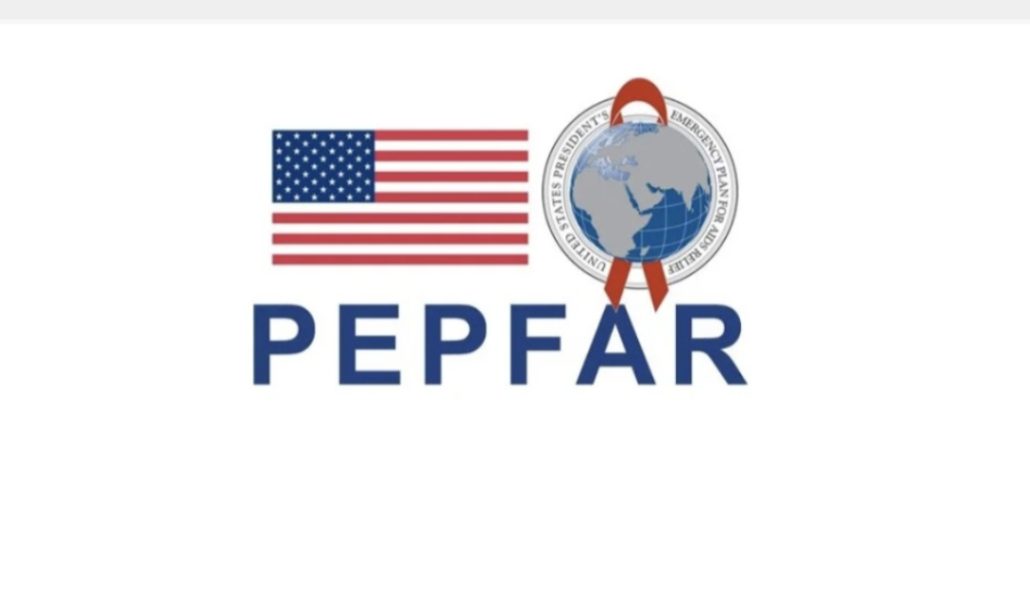
The International AIDS Society (IAS) has commended a bipartisan move by the United States Senate to shield the President’s Emergency Plan for AIDS Relief (PEPFAR) from a proposed $400 million budget cut contained in President Donald Trump’s rescission package.
The decision, announced on Wednesday during the ongoing HIV Research for Prevention (HIVR4P) conference in Kigali, Rwanda, has been hailed as a critical step toward safeguarding essential HIV services globally, particularly across Africa.
However, IAS cautioned that the final outcome still hinges on pending votes in both the Senate and the House of Representatives, warning that further changes could be introduced before the statutory deadline.
The IAS President, Beatriz Grinsztejn said,
“PEPFAR has been one of the greatest success stories in global health, transforming the HIV response. Global advocacy played a crucial role in persuading US lawmakers to protect this vital programme, reminding them that decisions about PEPFAR shape the health and futures of people around the world. Yet uncertainty remains, with ongoing threats to global health funding. We must stay vigilant.”
Since its establishment in 2003, PEPFAR has provided life-saving antiretroviral treatment, testing, and care to millions of people, especially in sub-Saharan Africa, where the HIV burden remains highest.
IAS President-Elect, Professor Kenneth Ngure, highlighted the programme’s lifeline role in African communities, stating: “Restoring this funding would mean hope for people living with and affected by HIV. But African leadership must remain at the centre of shaping our response, and we need to keep advancing conversations about sustainable financing, including stronger domestic investments and strategies to reduce dependence on global donors.”
The IAS urged swift and decisive action to ensure continued investments in HIV programmes, stressing that wavering support could roll back gains made over the past two decades.
“Lives are at stake,” the society stated. “Any cuts to PEPFAR or similar initiatives risk dismantling progress in the fight against HIV and compromising broader global health outcomes.”
The development comes at a time when the world’s attention is increasingly drawn to competing global health priorities, raising concerns over donor fatigue and the sustainability of funding for long-standing epidemics like HIV/AIDS.
Founded in response to the emerging HIV crisis, the IAS brings together global scientists, policy makers, and activists to coordinate the fight against HIV.
The society also organizes major HIV-related conferences, including the International AIDS Conference and the HIV Research for Prevention Conference, currently underway in Kigali.
As global HIV advocates continue to engage US lawmakers and other stakeholders, the IAS reaffirmed its commitment to rallying the international community towards achieving an AIDS-free generation.